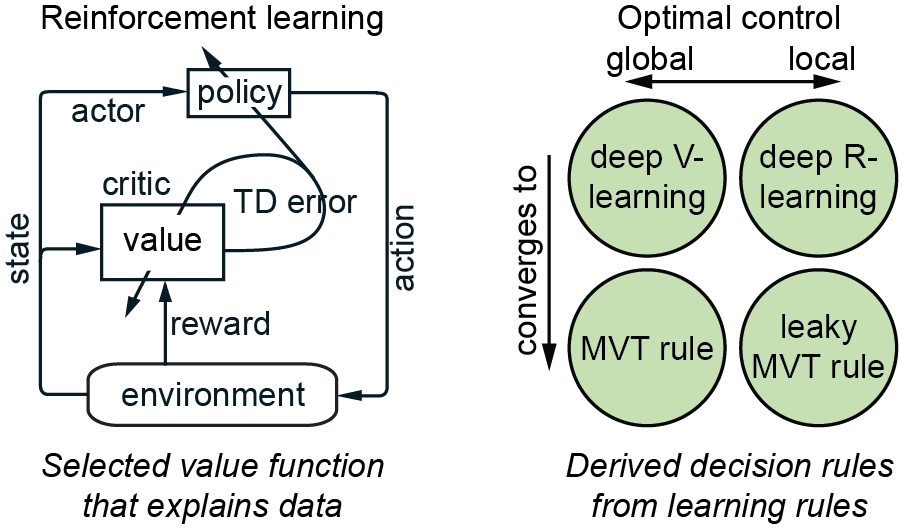Sergey Shuvaev, Ph.D.
My research focuses on building AI models of the brain and behavior. Toward this goal, I combine computational neuroscience and machine learning. At the University of Pennsylvania, I build neuro-AI foundation models for better clinical outcomes in behavioral disorders. I hold a B.Sc., M.Sc., and Ph.D. in Applied Mathematics and Physics from the Moscow Institute of Physics and Technology. My Ph.D. focused on machine-learning models of behavior, which I designed in residence at Cold Spring Harbor Laboratory. My B.Sc. comprised developing computer-vision pipelines for neuroimaging. During my M.Sc., I complemented my computational background with experience in electrical engineering. My work led to 15+ publications with 200+ citations; it was featured in Nautilus, Spectrum, Coexisting with AI, and Eye on AI. I was honored to be selected as a Swartz Fellow (Ph.D.), an Alexandrov Scholar (M.Sc.), and an Abramov and Frolov Scholar (B.Sc.). My service as a reviewer (ICML, ICLR, NeurIPS) was recognized with 5+ Top Reviewer awards.


